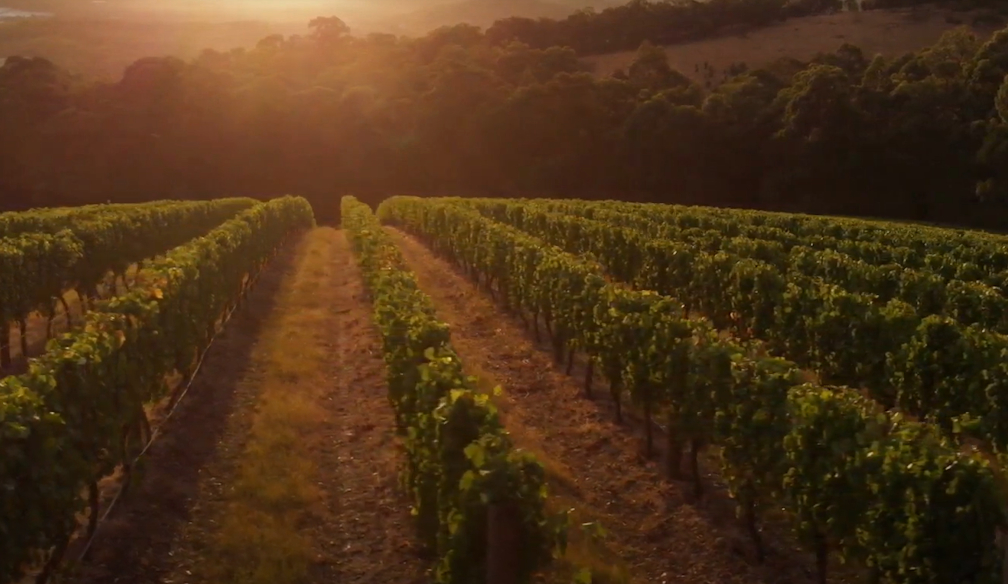How Will the Wine Business Change in 2024?

Similarly to other industries, wine brands are using more and more AI and ML tools for various daily tasks. The new shopping rules will play a major part in how companies advertise online and target highly-qualified leads. Besides digital technology, there will be more emphasis on sustainable growing practices.
In this article, we'll go through all these trends and more as we try to predict how the wine business will change in 2024.
Emphasis on AI
Many people working in the agriculture and wine business are worried about how artificial intelligence will affect these processes. Perhaps the biggest concern is that advanced robots will take over manufacturing, thus eliminating the need for traditional labor.
While all of this might sound scary in theory, in practice, we’re ways away from AI robots that can manage agricultural tasks without human assistance. In fact, there’s a good chance that jobs won’t be lost, per se, but will transform into something else.
In other words, the wine industry will probably transition into a more sophisticated mode, turning blue-collar jobs into white-collar positions. Whether we're talking about manufacturing or marketing, you'll still need people to create inputs that machines can follow.
More outsourcing
Outscoring has been present in the wine industry for a while, and we shouldn't perceive this trend as a new shift within the industry. However, it's likely that companies will become more and more reliant on resource and service outsourcing.
Besides lower prices, the need for resource outsourcing might be caused by sharp climate changes. If the temperature keeps rising around the world, certain areas won’t longer be able to host traditional species. In fact, we might even speculate that some regions will no longer be suitable for grapes (although this is highly unlikely).
We’ll also see a lot more outsourcing on a company level. In other words, companies might start outsourcing IT, marketing, and winery accounting services. Hiring an external entity will eliminate the need to create in-house departments and will also reduce micromanagement. Furthermore, by outsourcing to countries with cheaper labor, your business can significantly reduce the usual expenses.
Increased sustainability
In the last few years, sustainability has been a common buzzword in the wine and agriculture industry. With the new generation of consumers coming of age, there's much more emphasis on organic growing and well-designed environmental solutions. Brands that don't adhere to these practices are usually left behind, not being able to hold a position in the market.
Unfortunately, although everyone's trying to introduce better organic solutions, this isn't always possible in practice. Grapes are cyclical plants, and like with any other species; growers need to squeeze as much value from their vines while the season lasts. In other words, even if a company is committed to environmentally sound policies, it might have to resort to chemical treatments from time to time.
In 2024, many growers will turn to solutions that would restore and improve the health of their soil. They will also implement recycling practices when possible and implement more eco-friendly machinery. The regenerative viticulture is the name of the game, and many brands don't mind improving their methodology toward this goal.
Focus on quantity
In many countries, wine drinking is seen as an elitist activity. Due to the higher price, many people turn to beer as an economic solution. However, among wine drinkers, there's always a trend of drinking a better and, thus, more expensive wine.
While new generations don't drink as much as their parents, they spend similar amounts of alcohol. This is because they're always on the lookout for a better wine-drinking experience. As a result, wineries that can produce better-tasting products will come on top of the market race.
Low alcohol content
To piggyback on the previous entry, many young consumers are willing to go with products that have lower alcohol content. We live in the age of wellness, with many people being cautious of what they're putting in their bodies.
While these low-alcohol alternatives are still trailing behind traditional wines in terms of quality, the technological improvements are quickly closing that gap.
Youthful marketing
As the generations change, so do the marketing approaches. In fact, even digital marketing strategies, which we consider extremely progressive, have become even more advanced and sophisticated.
For example, instead of Facebook, which is often considered the default social media for advertising, many brands are turning to Instagram and TikTok. The messages are also changing based on everything we’ve previously mentioned. There’s much more emphasis on quality, positive experience, and environmental policies than ever before.
Another major change comes in the form of AI, ML, and predictive marketing. Advertising agencies use data to assess users’ preferences and create customized messages for specific market segments. With artificial intelligence, they can streamline communication and provide a better overall experience.






